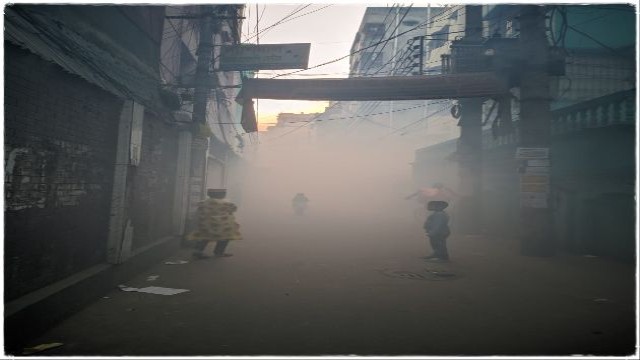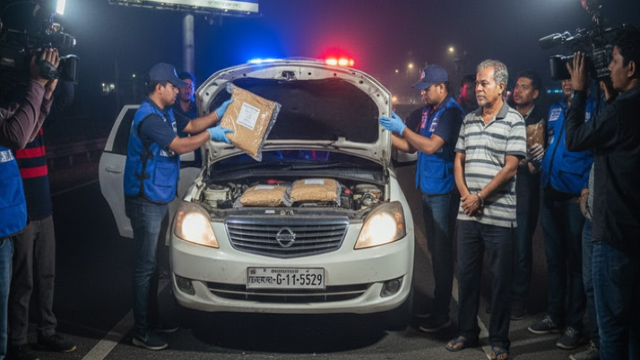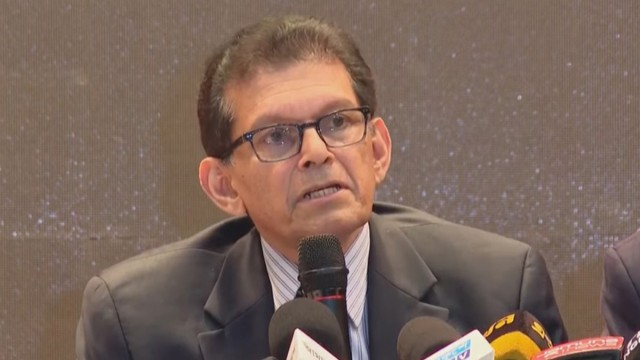On Monday (April 15th) morning, Dhaka was ranked second on the list of cities worldwide with the worst air quality, with an air quality index (AQI) score of 193, falling into the 'unhealthy' category. This classification puts Dhaka's air quality in a concerning range, similar to other heavily polluted cities like Delhi, Beijing, and Kathmandu.
The AQI scale categorizes an AQI score between 101 and 200 as 'unhealthy', indicating increased health risks for residents due to air pollution. In Bangladesh, the AQI is calculated based on several criteria pollutants including Particulate Matter (PM10 and PM2.5), NO2, CO, SO2, and Ozone.
Dhaka has been grappling with air pollution issues for an extended period, typically worsening during the winter months and improving somewhat during the monsoon season. Air pollution is a significant public health concern globally, contributing to various health problems such as heart disease, respiratory diseases, lung infections, and cancer.
According to the World Health Organization (WHO), air pollution is responsible for an estimated seven million deaths worldwide annually, underscoring the critical need for effective measures to mitigate air pollution and protect public health.































Comment: